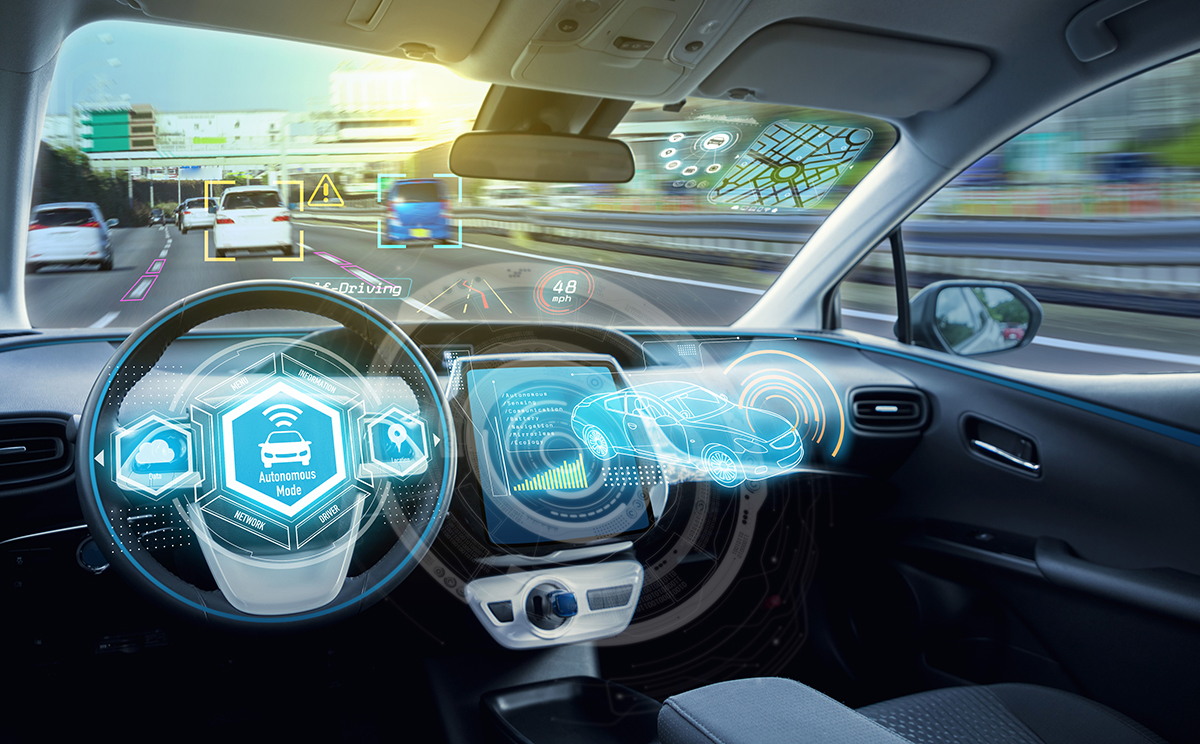Contact us today.
Our global experts are ready to help your business. Get in touch with one of our representatives today.
Send messageAccording to a recent report from Statista, the market value of partially autonomous cars will be $36 billion by 2025 and fully autonomous will be $6 billion. With the rise of autonomous vehicles how will engineers have to adapt?
The National Society of Professional Engineers (NSPE) is keen for professional engineers to get involved in the autonomous vehicle (AV) industry, producing a policy guide to help ensure the safety of the general public. The guide includes an accident risk assessment and before the vehicles are allowed on the road, the NSPE also recommends that professional engineers carry out thorough testing of the various scenarios outlined in the risk assessment. These include the potential impact of AVs on the environment, the public, other non-AV and AV road traffic.
They also specify that the technology should be developed in a way that enables the vehicles to use existing roads rather than dedicated AV lanes being developed. But is that feasible? And if not, how will engineers need to rethink infrastructure and road design?

As this article in Forbes highlights, the focus has been on the technology and the benefits it can bring. But it's all been theoretical and focused just on that. What are the wider impacts on our lives and jobs?
Forbes spoke to Dan Wellers, who heads up Digital Futures at SAP, which has been looking into how AVs will impact the automobile manufacturing industry - driverless vehicles are not going to need the kind of luxuries and advances we've seen in our cars in recent years. This could mean even more job losses in an industry that has already seen many human jobs replaced with artificial intelligence (AI).
Wellers also wrote this piece for Forbes on AVs moving into the mainstream, and in it he highlights that road design, parking lots, and traffic controls will all have to be adapted to take into account the limitations of these driverless vehicles. This is in light of the accident during Uber's test of an AV, which killed a woman in Arizona.
So while on the face of it, it may seem that the rise of AI, and within that AVs, means that the need for humans in industry is falling, none of the technologies can replace the critical thinking skills we have that enable us to react to the unexpected.
Engineers will need to rethink how all infrastructure connected to AVs works in order to accommodate it alongside driver-controlled vehicles, but they will also have to keep in mind that the AVs are going to be in the minority for a considerable time to come.
As this article in the Digitalist reiterates, in a time when AI is on the rise, the organizations that will be the most successful are the ones that will become more human than ever. What do they mean by this? That we need to embrace AI and all the benefits it can bring, but recognize it's humanity that still has the most to offer in the workplace.